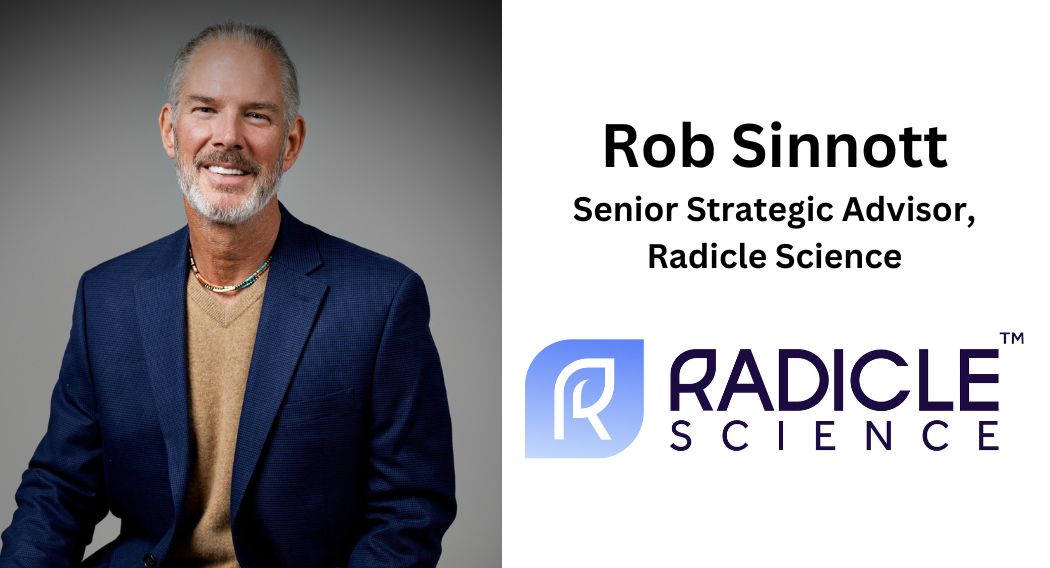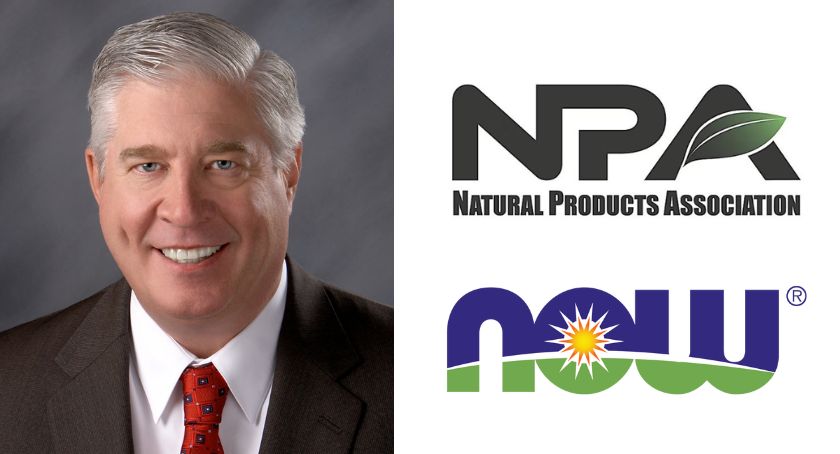Market Updates, Regulations
CRN, AHPA Address Ongoing COVID-19 FAQs
With much on the line for all types of industries, natural products trade groups aim to keep companies up to date.

By: Mike Montemarano

The dietary supplement industry faces a unique set of threats in the midst of the ongoing COVID-19 pandemic, which is likely still weeks away from reaching its peak in the United States, according to health officials at the federal level.
These challenges will be complex, fluid, and subject to change over the next several weeks or months. The American Herbal Products Association (AHPA) and Council for Responsible Nutrition (CRN) will be constantly updating FAQ sites and other COVID-19 resource pages in order to keep member companies and the public up to date about how the pandemic is affecting the industry.
For a thorough look at the two trade organizations’ understanding of the issues at play for the industry as the pandemic continues, visit CRN’s or AHPA’s resource pages.
Companies across the board must deal with maintaining supply chains, production facilities, product developments, and more in the wake of federal guidance not explicitly identifying dietary supplement providers and manufacturers as “essential businesses,” while also facing a patchwork of regulatory hurdles that vary at a state by state level, all dependent on the executive orders that any governor issues in response to both the pandemic and according to the guidance issued by the Department of Homeland Security (DHS).
Various regions of the U.S., for example, differ drastically in terms of pandemic response, as the groundwork of COVID-19 response is largely up to states. Some statewide shelter-in-place orders have been issued, and are likely pending in additional states as the crisis progresses. These orders will clearly affect any domestic manufacturing facilities which are not deemed as “essential businesses” by various state governments. In places where manufacturing facilities can remain online for the moment, the onus is on businesses to evaluate that risk, and what they can do to mitigate the exposure to harm for employees.
The DHS list of critical workers in the food and agriculture sector includes: “Workers supporting groceries, pharmacies and other retail that sells food and beverage products,” as well as, “Food manufacturer employees and their supplier employees—to include those employed in food processing (packers, meat processing, cheese plants, milk plants, produce, etc.) facilities; livestock, poultry, seafood slaughter facilities; pet and animal feed processing facilities; human food facilities producing by-products for animal food; beverage production facilities; and the production of food packaging.”
California, which issued an order on Mar. 19 for residents to stay at home except as needed to maintain continuity of operations of essential critical infrastructure, specifically mentions dietary supplements in its designated list of “Essential Critical Infrastructure Workers,” to include: “Workers supporting cannabis retail and dietary supplement retail.”
Additionally, the FDA has suspended its routine, onsite audits of all foreign and domestic facilities under its auspices, leading food and supplement companies to be self-accountable to follow cGMPs and other facility standards. Both trade organizations emphasized that responsibility still lies on each company and manufacturer to ensure that the quality and safety of any given product remains intact.
According to both trade groups, natural product companies shouldn’t anticipate huge shake-ups in overseas supply chains. Consultation with their respective member companies, and other supply chain logistics sources, shows that little disruption persists even in COVID-19 hotspots as of early March. Further, they attribute reports of products being cleared from shelves to a massive spike in demand on the end of consumers.




















